SUMMARY
This is AI generated summarization, which may have errors. For context, always refer to the full article.
![[#RapplerReads] In Pachinko, does a mother’s love surpass struggles of war and tainted identity?](https://www.rappler.com/tachyon/2022/03/rappler-reads-pachinko2.jpg)
Editor’s note: #RapplerReads is a project by the BrandRap team. We earn a commission every time you shop through the affiliate links below.
When I finally finished reading Pachinko, I had to put my Kindle down and sit in silence for a few minutes, allowing a few tear drops to finally flow down my cheeks. I’m not one to cry easily from books I read, but I had a deep sense of empathy towards the characters in this story. Now that Apple TV+ is streaming a video adaptation of the book, I think I’d be crying watching it too.
Min Jin Lee’s Pachinko, by my standards (which is that of a casual reader), is a masterpiece for many reasons. Her account of Japan and Korea’s history is very detailed, and how she weaves events and characters brings about new perspectives on how people may have lived through them.
Pachinko is a saga that follows four generations of Baek Sunja’s family and how they navigated poverty, hunger, war, and xenophobia.
Although the story is fictional, Lee drew from real events that happened in Korean-Japanese history from 1910 to 1989, including events like Japan’s annexation of Korea, the criminalization of Christianity in Japan, World War II, and the Korean War. We also get a glimpse of the dynamic between Japan and Korea, and how some Japanese were prejudiced against Zainichi (foreigners living in Japan) especially those of Korean descent.
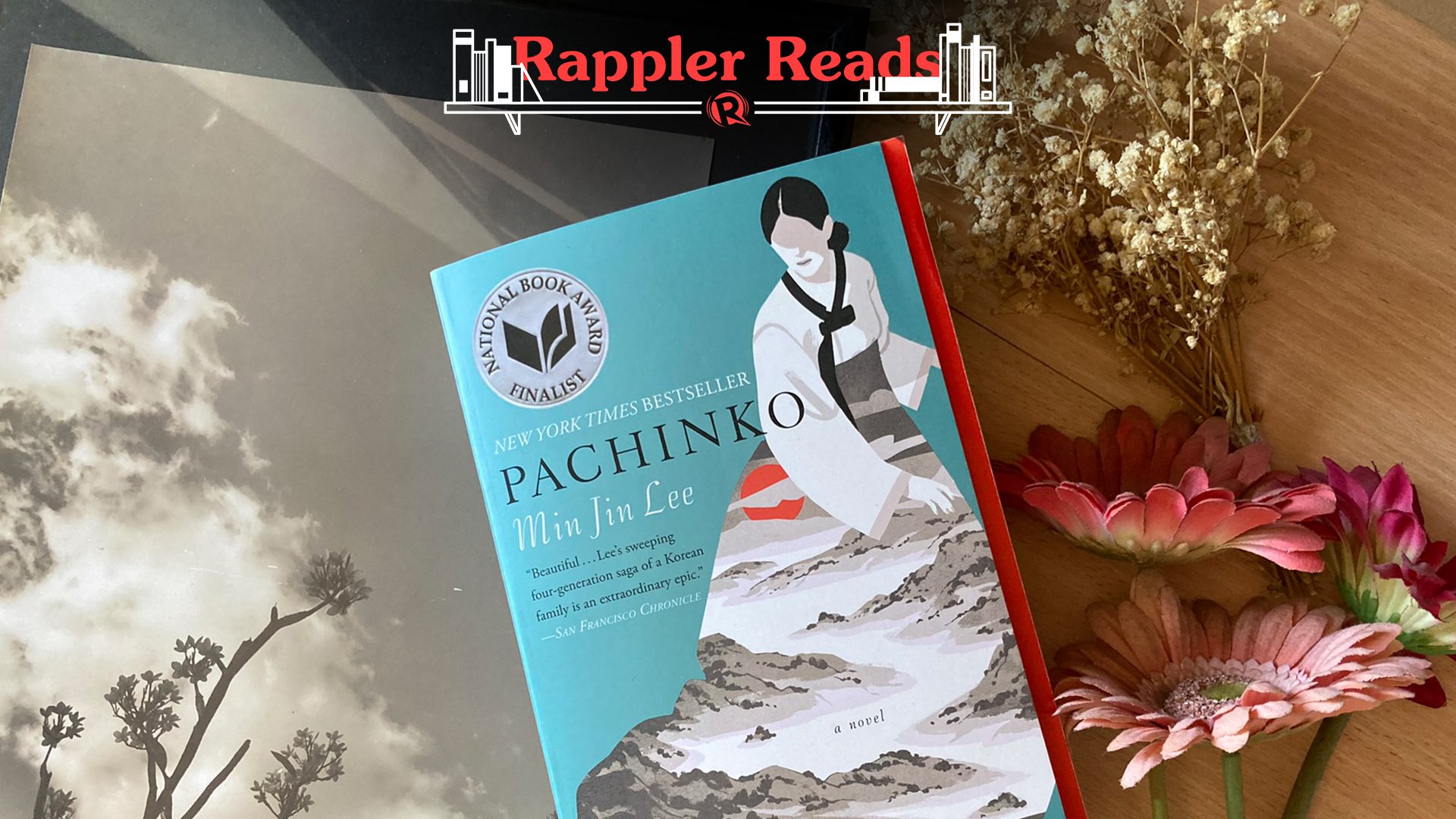
Lee begins the book with a single line which she says is inspired by how the Korean-Japanese community reacted to all that was happening around them. “History has failed us, but no matter,” she wrote.
In various interviews, Lee explained that the Korean-Japanese community didn’t feel like victims of history and simply had to keep moving to survive. And this is what Sunja tried her best to do even in the face of great adversity that she could barely comprehend.
Sunja, born in Yeongdo which at the time was only a remote fishing village, would meet a handsome and older man named Hansu. Sunja’s life was more or less peaceful, much like the idyllic blue sea that surrounded her hometown. But when she got pregnant and found out that Hansu had a wife and children in Japan, her life became like a torrent of water she could barely control.
She would marry a pastor named Baek Isak who offered her his name so that she won’t have to raise her son as a single mother (which was frowned upon). He would bring her to Japan as he begins his work as a missionary in Osaka.
Sunja would refuse help from Hansu who would turn out to be an influential figure within Japan. Her rejection would affect their family’s life for generations in both good and bad ways, which would leave Sunja constantly questioning why she ever allowed him to come into her life
Sunja and her sons, Noa and Mosazu, would suffer from all kinds of discrimination from the mere fact that they were Koreans. Noa would go through his life denying his self worth from having a “tainted” identity, while Mosazu fights against external injustices and prejudice as he finds a way to provide for his family. Even Sunja’s grandson, Solomon, would feel residual pain and confusion decades later.
We will also meet many characters who lived vastly different lives – one who struggles with homosexuality, another who travels back to Korea as the peninsula is split into two conflicting nations, and a young, attractive lady lost to a disease that crept into Japan’s red light districts.
A lot of love is gained and lost throughout the pages of the book. And whether Sunja’s dedication to her family made up for her past mistakes, I’ll leave that up for you to decide.
Pachinko is available in various bookstores across the country. You can get it from Fully Booked for P935. Apple TV+’s adaptation starring Yuh-Jung-Youn, Lee Min-ho, Jin Ha, and introducing Minha Kim premiered on March 25. – Rappler.com
Add a comment
How does this make you feel?



![[ROUNDTABLE SERIES] Powering up: Building a bright future with energy security](https://www.rappler.com/tachyon/2024/04/Omnibus-with-guests.jpg?resize=257%2C257&crop_strategy=attention)
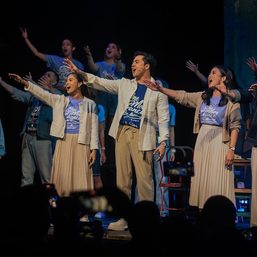
![[Rappler’s Best] Patricia Evangelista](https://www.rappler.com/tachyon/2024/04/unnamed-9-1.jpg?resize=257%2C257&crop=486px%2C0px%2C1333px%2C1333px)

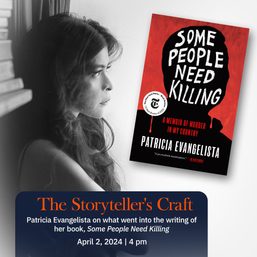
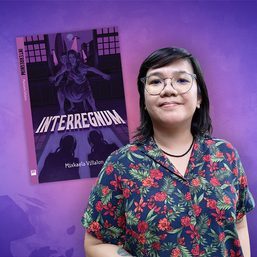
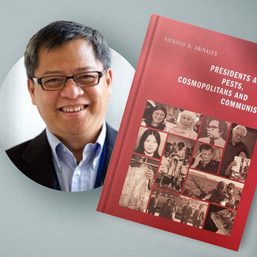
There are no comments yet. Add your comment to start the conversation.